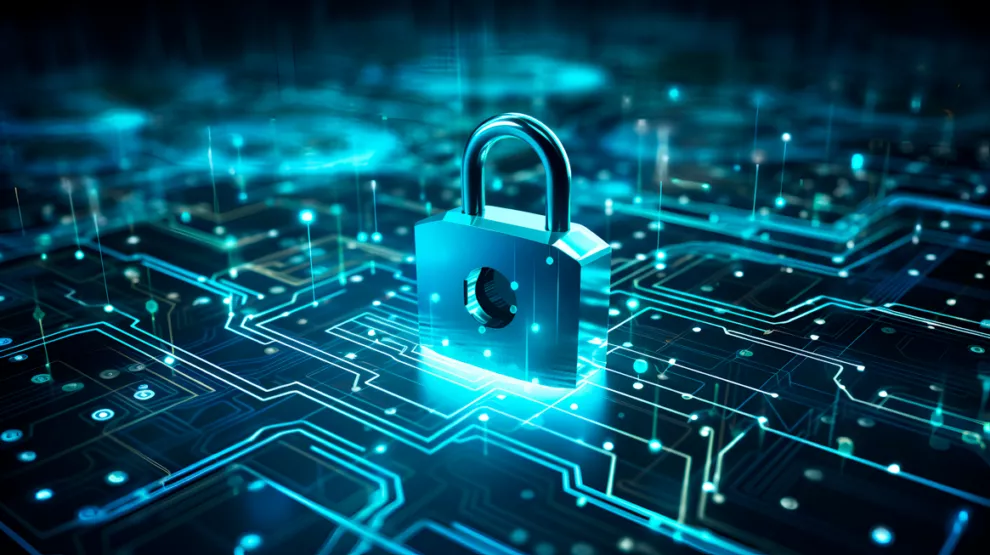_
Cybersecurity and the 2024 olympics: the final stretch of a long haul for organisations

By Cédric Lefebvre, Cybersecurity Expert at Custocy
With less than a month to go before the opening of the Paris 2024 Summer Olympics, cybersecurity has taken centre stage in light of the current geopolitical situation and the national-level threats at play. France is preparing to host a major event that will put its digital infrastructure under immense pressure and trigger a massive surge in cyberattacks. Cybersecurity experts are forecasting “eight to ten times more” attacks than those faced during the Tokyo 2021 Olympics, as stated by Bruno Marie-Rose, Technology Director of Paris 2024. In this context, cybersecurity is not merely a priority, but a strategic imperative.
What types of cyberattacks might we see?
Highly equipped with connected technologies (surveillance systems, internet networks, IoT devices, mobile apps, interactive screens), the Olympics will be a prime target. We can expect a flood of attacks. It’s highly likely that Distributed Denial of Service (DDoS) attacks will be launched to cause disruptions on ticketing websites or online streaming platforms, much like during the Rio 2016 Olympics. Attackers may also deploy cryptolockers on critical infrastructures. Fraudulent online sales websites and theft of sensitive information about athletes and Olympic infrastructures have already been identified. Zero-day vulnerabilities will undoubtedly be exploited to bypass standard detection systems. A significant number of malicious activities could be aimed at infiltrating networks and compromising operations. The sheer number of entry points and the current tense and unstable geopolitical climate create a golden opportunity for attackers.
Strengthened cybersecurity measures
Faced with such challenges, multiple entities have been preparing for months, if not years, to implement the necessary systems. Their goal is not only to guard against the anticipated onslaught of cyberattacks but also to have the capability to respond quickly and effectively to minimise their impact and ensure they do not disrupt the smooth running of the Games. It’s clear that despite the colossal defence mechanisms in place, the most skilled attackers will slip through the net. The risk is even greater as they’ve had ample time to prepare, and AI allows them to carry out attacks that are increasingly difficult to detect.
We are now in the final stretch to ensure we are well-equipped with cutting-edge technologies to monitor networks—an essential gateway for any malicious activity—and to continue testing the resilience of information systems. Gartner, for example, recommends the visibility triad, which combines NDR, EDR, and SIEM tools to provide complete visibility.
In conclusion, as we prepare to face an intensification of threats during the Paris 2024 Olympics, the rigorous preparation and numerous measures implemented by organisations will ensure they are ready at the starting blocks for the intense weeks ahead.
